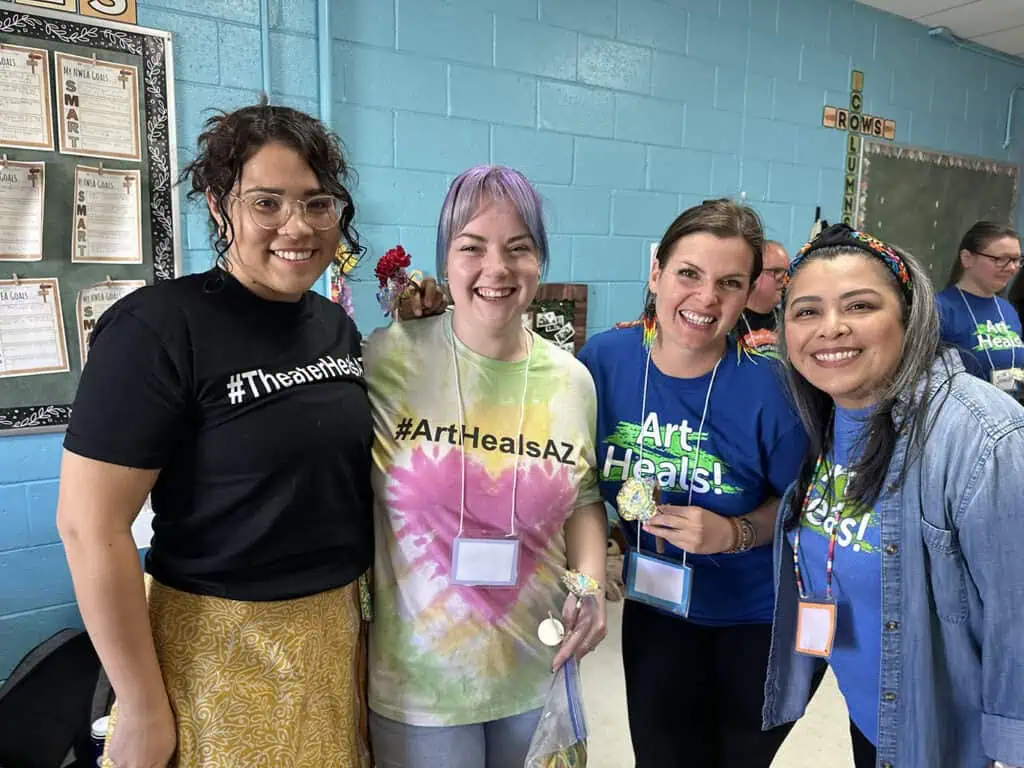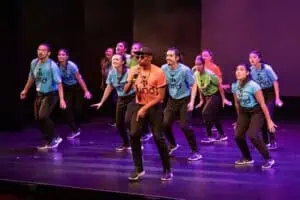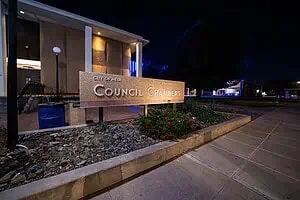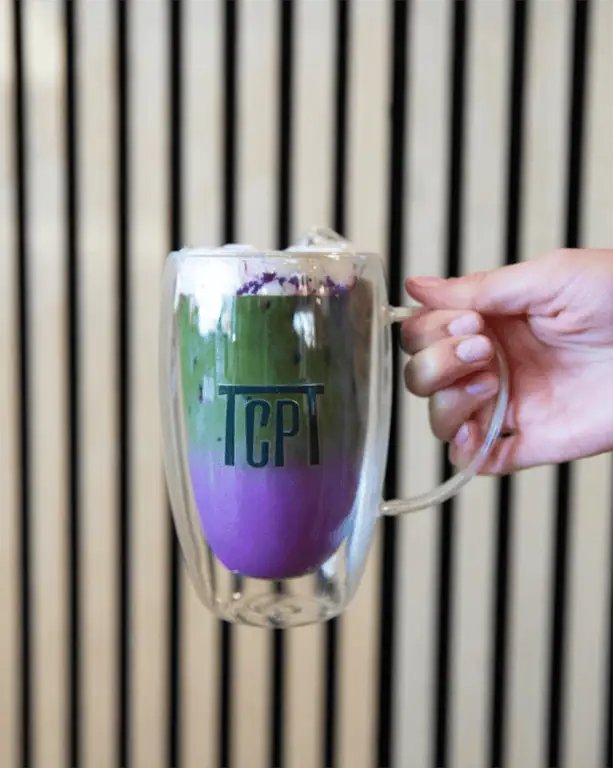
Staff Reports | Free Press Philanthropy
Free Arts for Abused Children of Arizona has received a $100,000 grant from the Arizona Lottery.
The funding will support Free Arts’ mission of transforming children’s trauma into resilience through the arts by enabling 600 meaningful interactions between youth participants and trained volunteer mentors or performing artists, according to a press release.
“The Arizona Lottery is honored to support organizations like Free Arts that are creating real and lasting change for children in our state,” said Alec Thomson, executive director of the Arizona Lottery. “Programs like these not only help young people heal and build confidence, they strengthen the very fabric of our communities. When you play, Arizona truly wins.”
The Arizona Lottery supports programs and organizations that promote the health and well-being of communities statewide. Its funding helps provide critical services in higher education, economic development, environmental conservation and health and human services, including initiatives that uplift vulnerable Arizonans, the release states.
Free Arts serves children, teens and young adults ages 3 to 24 who have experienced abuse, neglect or homelessness — most of whom live in out-of-home care such as group homes, treatment facilities, shelters or with foster and kinship families. The organization partners with 40 social service agencies across 120 sites in Arizona, including Phoenix, Glendale, Mesa and Tucson.
At the core of Free Arts’ programming is its Art + Mentors = Resilience model, a research-based approach that combines intentional arts experiences with support from caring adult mentors.
“The trauma these young people face often leaves deep emotional scars,” said Matt Sandoval, CEO of Free Arts. “With this grant from the Arizona Lottery, we can deepen our impact and provide safe, healing spaces where children connect, create and begin to reclaim their stories through art and consistent support from trusted adults.”
With nearly 9,200 young people in Arizona’s foster care system, the need for trauma-informed, resilience-building programming remains critical.




























